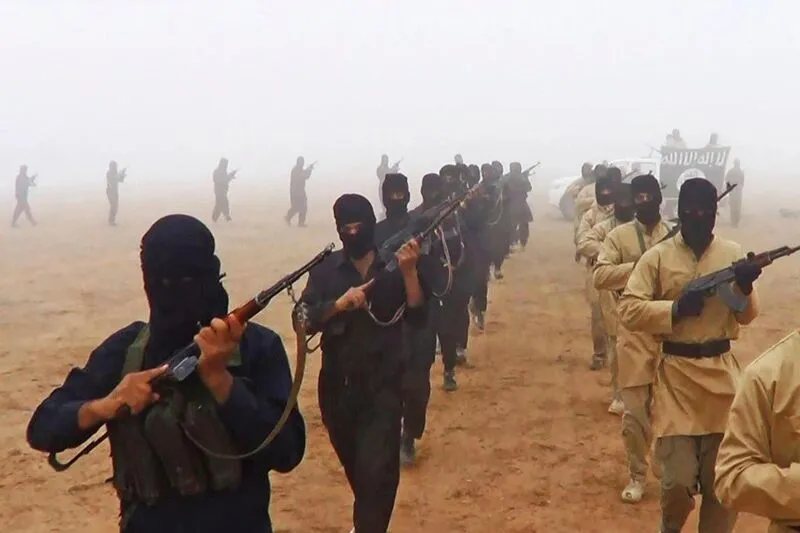UN probe into Islamic State crimes in Iraq halts operations prematurely
In 2017, the UN established UNITAD to help Iraq investigate alleged crimes by ISIS during its rule over Syria and Iraq. UNITAD was tasked with uncovering evidence of genocide, war crimes, and crimes against humanity. However, UNITAD now faces an early closure due to worsening ties with Iraq before completing its work.
Though almost a decade has passed since ISIS’ reign of terror, many victims remain displaced in camps seeking justice. UNITAD head Christian Ritscher stressed the mission is unfinished, with concerns about finalizing investigations and creating an archive for millions of evidence pieces by the September 2024 deadline.
The decision to prematurely end the mission drew criticism from backers who expected it to continue for years. Critics argue a halt could hinder prosecuting more ISIS members, given UNITAD’s role in convictions abroad. There are also worries about Iraq’s commitment to try individuals for specific crimes like sexual abuse instead of simple membership.
UNITAD faced challenges like Iraq lacking laws allowing international crime prosecution, leaving UNITAD awaiting legislation. It also hesitated to share evidence with Iraq due to Iraq’s death penalty conflicting with UN policy, straining their relationship.
Tensions grew from UNITAD’s goals mismatching Iraq’s expectations and perceived lack of political engagement with Iraqi authorities. Some attribute this strain to leadership flaws under Christian Ritscher, though the mandate was also seen as overly ambitious considering Iraq’s complex politics. The death penalty issue emerged as a major point of conflict.
For victims like Yazidis, UNITAD’s closure is devastating as it was a symbol of support hoping for ISIS atrocity justice. However, concerns remain over evidence misuse by Iraq. As talks continue, accountability prospects in Iraq remain uncertain without safeguards against unjust trials from evidence politicization. Yet holding ISIS members responsible is also recognized as important amid Iraq’s political and legal challenges.



Comments
Post a Comment